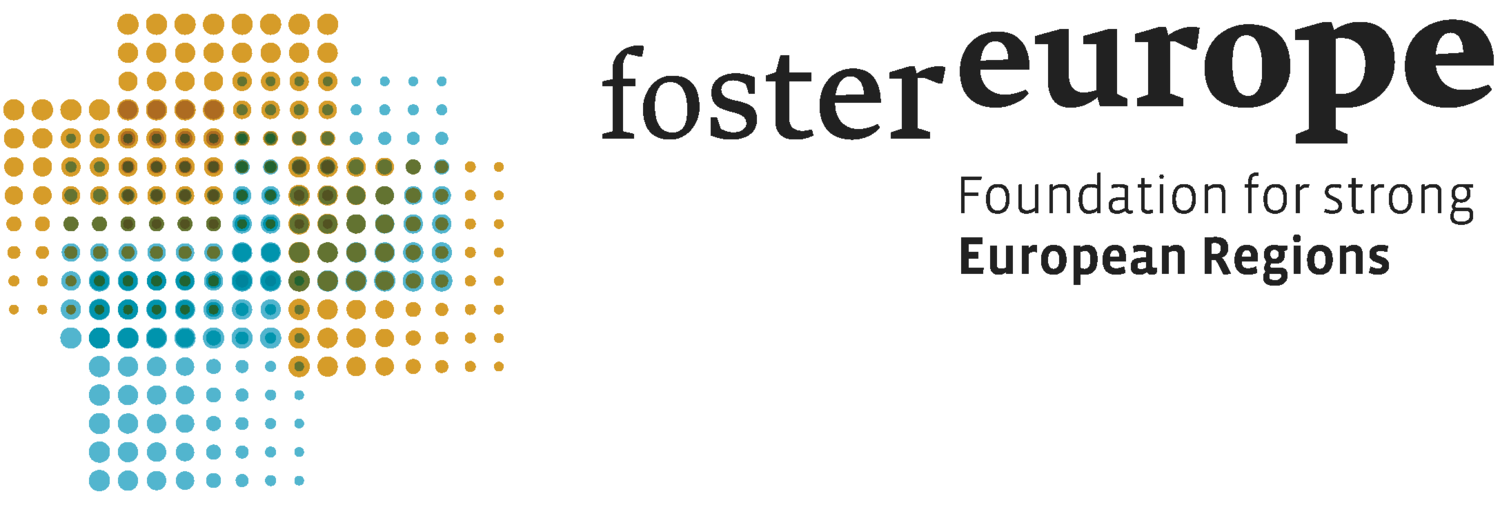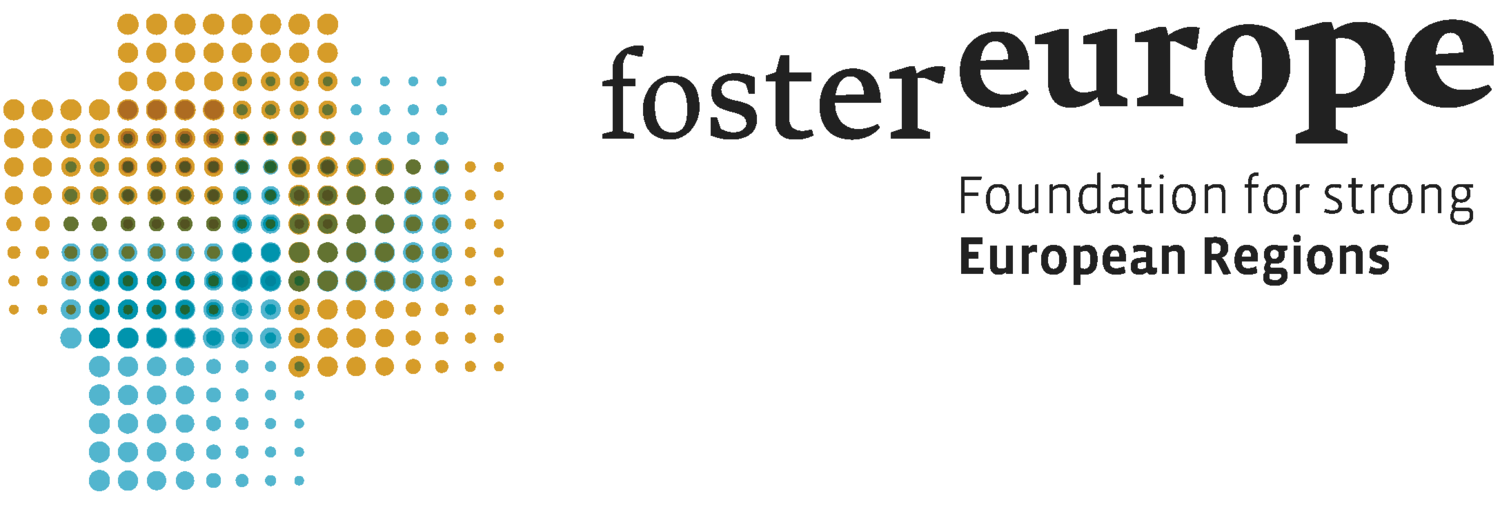Foresight, Participatory Governance, and Democratic Engagement in Focus













On the 12th March 2025, the Foster Europe Foundation hosted a successful online conference focused on resilient communities and future-oriented solutions. With ca. 190 participants from across Europe, the event brought together key experts to discuss critical issues in foresight, participatory governance, and democratic engagement.
The event kicked off with a keynote from Pierluigi Brombo of the European Economic and Social Committee, who emphasized the role of foresight in shaping policies that can tackle future challenges in local governance. His address highlighted the importance of anticipating changes in political and societal trends to create sustainable solutions. Brombo stressed that it’s crucial to move beyond traditional political cycles and focus on long-term planning to address environmental and social challenges.
Katerina Ciampi Stancova from the OECD further explored the role of foresight in policy research. She highlighted the importance of building capacities for future thinking within organizations and governments. According to Ciampi Stancova, adopting foresight tools is not just about predicting the future but also about creating space for innovation in public policy. Her speech emphasized how foresight can be a bridge to more resilient, adaptive societies.
The case studies in Panel 1 further explored the role of foresight in policy research and in shaping policies that can address future challenges in local governance. They also addressed the importance of anticipating changes in political and societal trends in order to create sustainable solutions, and the importance of building capacity for future thinking within organisations and governments:
Nicoletta Boldrini presented “Strategic Foresight for Mental Health” and illustrated how participatory approaches can foster resilience, inclusivity, and long-term well-being.
Pier Francesco Orsi on “Salus Space: a shared future thinking experience of socio-economic urban regeneration” illustrated a pioneering initiative Salus Space in socio-economic urban regeneration, embodying a shared future thinking experience.
Furkan Sorkuncuk provided insights into “Images of the Future” in relations with water and presented imaginations of human-water relations of youth. It presented action models for different regions and local communities as well as insights for policymaking at various levels.
We have heard other interesting case studies as well in the field of foresight in local governance and citizenship: opportunities and challenges and European successful experiences in participatory governance where Martina Balazova from Comenius University in Bratislava shared valuable insights into the Slovakian experience with participatory budgeting. She discussed how involving citizens in the decision-making process is crucial to ensuring sustainable and responsive governance. Her case study demonstrated that when people are given the platform to voice their opinions, policies are not only more inclusive but also more effective.
Daniel Klimovský gave an insight is past and present of participatory governance in Slovakia.
Another significant example came from Lukas Hammer, a Member of the Austrian National Council, who presented the "Climate Council" initiative. Hammer's case study illustrated how deliberative democracy processes at the federal level can effectively address complex issues like climate change. He shared how Austria’s Climate Council has empowered citizens to contribute directly to policy decisions, fostering a more participatory and transparent political environment.
George Petrov from Citizens Participation Forum presented the Index of participation to measure quality and quality of participation in Bulgaria.
The event wrapped up with closing remarks by Tamara Ehs, who emphasized the ongoing challenges in participatory governance. Ehs underlined the importance of continued efforts to involve citizens in the policy-making process and to ensure that these practices are adapted to the changing needs of society.
We would like to thank all speakers for their meaningful contributions. The high level of engagement throughout the event confirmed the relevance and urgency of the topics discussed. We look forward to continuing these important conversations in the upcoming online conference scheduled for June, focused on civic engagement.
For the full agenda and the event recording, please visit this link.

